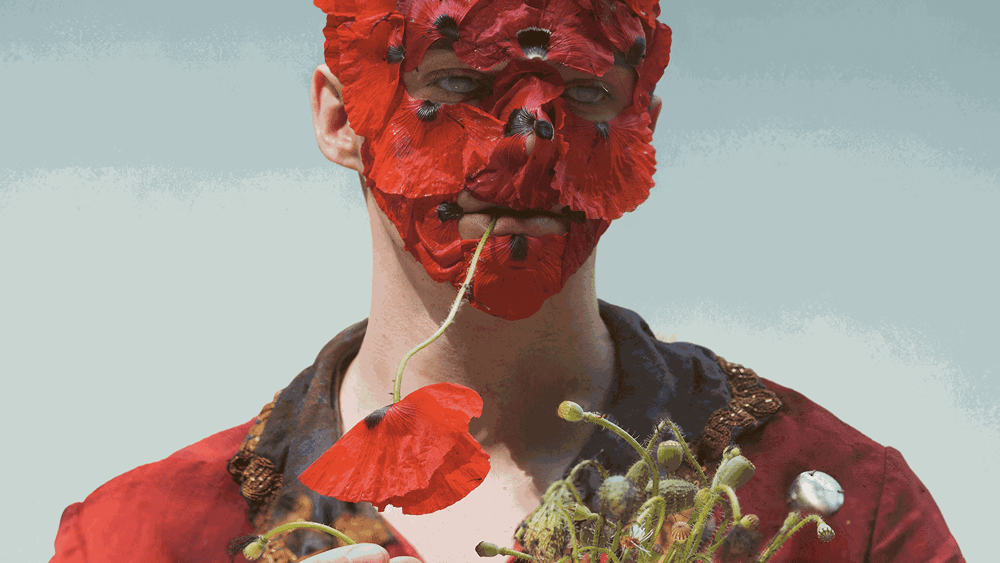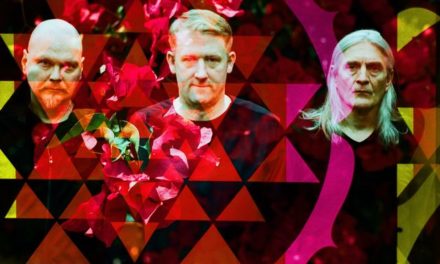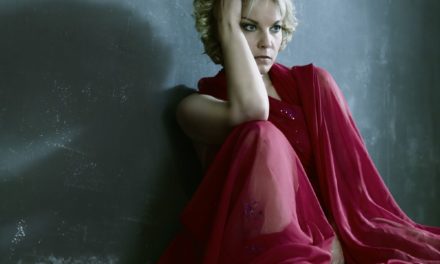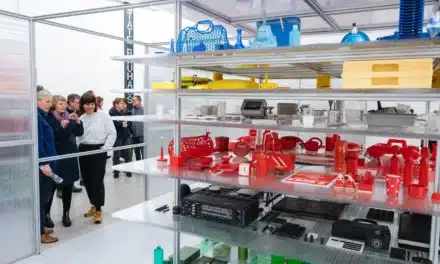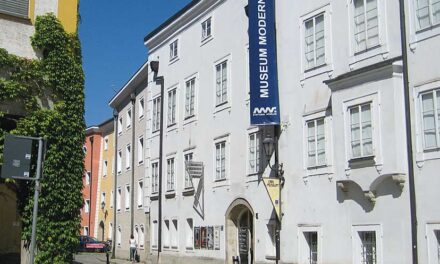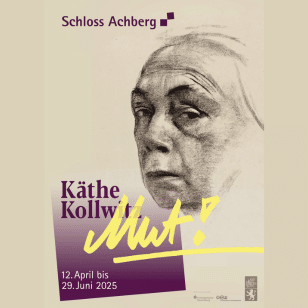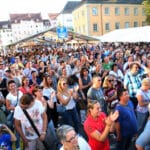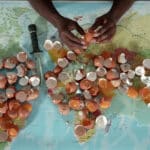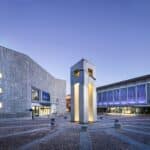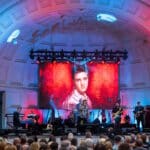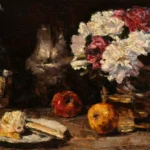Wirklichkeit nachbilden sei schön und gut, so Verdi, „aber Wirklichkeit erfinden ist besser, weit besser.“ Und was für eine Wirklichkeit da erfunden wird: Vertauschte Kinder, gerächte Mütter, geopferte Geliebte… Eine fast mythische Erzählung voll unglaublicher Wendungen, die die Figuren immer wieder in Ausnahmezustände versetzen. Verdi ging es um die Glaubwürdigkeit der Emotionen, nicht um die der Handlung. Gesang als Utopie, als Öffnung eines Raumes, den es in der nachgebildeten Wirklichkeit nicht gibt. In seiner Inszenierung von Verdis Troubadour-Oper begibt sich Paul-Georg Dittrich auf die Suche nach diesem Moment.
„Wenn man die Wirklichkeit nachbildet, kann etwas recht Gutes herauskommen“, schreibt Giuseppe Verdi über 20 Jahre nach der Uraufführung des Trovatore an seine gute Freundin, die Salonnière Clara Maffei: „Aber Wirklichkeit erfinden ist besser, weit besser.“ Man tut dem Komponisten sicher kein Unrecht, wenn man unterstellt, dass dieser Gedanke auch die zentrale künstlerische Idee des zwischen Rigoletto und La traviata entstandenen Il trovatore sei. Wie Rigoletto ist auch Il Trovatore ein Nachtstück: Alles wird von flackerndem Feuerschein erleuchtet. Man sieht nicht gut, man erkennt bloß vage. Verwechslungen allenthalben. „Wenn man die Wirklichkeit nachbildet, kommt etwas Gutes heraus, aber eine Photographie, kein Gemälde“, so Verdi weiter. Doch der Komponist will Gemälde, keine Photographie. Also unterteilt er seine Oper in Tableaus. Ihn interessiert die Zuspitzung, die Überhöhung, das Unfassbare, der Horror – und darin die glaubhafte Darstellung menschlicher Emotionen.
Eine Dramaturgie wie ein Verkehrsunfall: Aus den entferntesten Ecken und in den unmöglichsten Konstellationen lässt Verdi die Figuren aufeinander zuschießen, um dann seismographisch genau ihre Gefühlsregungen aufzuzeichnen – mit einer Musik, deren Schönheit nichts weniger als den absoluten Ausnahmezustand markiert, und deren Rhythmik keinen Zweifel daran lässt, dass hier kein Entkommen ist.
Premiere 9. Juni 2024
weitere Aufführungen: 12., 16. und 23. Juni, 1., 4., 9. und 16. Juli 2024

